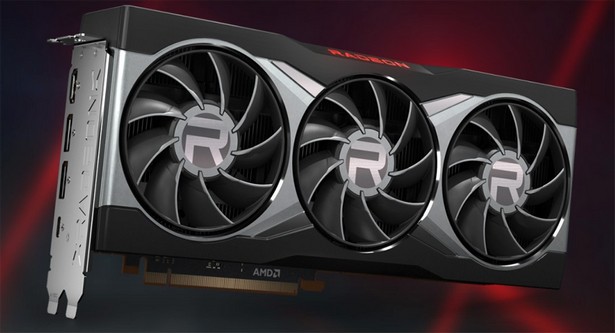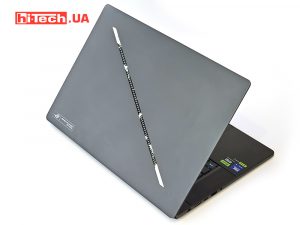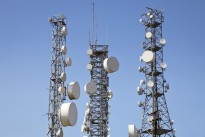AMD is losing the discrete video card market like never before
07.05.24
In the first quarter of 2024, AMD’s gaming revenue fell 48% year-over-year due to lower demand for Radeon discrete graphics cards and lower sales of chips for PlayStation and Microsoft consoles. The company predicts that its gaming revenue will continue to decline until 2025 when there is an opportunity for recovery.
AMD took in $922 million in gaming graphics card sales, nearly half of last year’s Q1 of $1.757 billion and down 33% from the previous quarter ($1.368 billion). Operating profit for AMD’s gaming segment was $151 million, but that’s down significantly from $314 million a year ago. Gaming solutions accounted for 16% of total revenue in Q1 2024 and 18% in Q1 2023.
Chips for Microsoft’s Xbox Series X|S and Sony’s PlayStation 5 are believed to account for the lion’s share of AMD’s gaming business. These consoles have been on the market for five years, so demand for them is falling.
Desktop PC component sales decline seasonally in the first quarter of each year. Although AMD increased market share in the fourth quarter of 2023, controlling 19% of the market according to Jon Peddie Research, the company sold significantly fewer graphics cards in the following quarter. Laptop solutions have the same impact as desktop solutions, as they sell in roughly the same numbers.
вологість:
тиск:
вітер:
ASUS ROG Zephyrus G16 (2024) laptop test: both worlds

ASUS ROG Zephyrus G16, with a top-end processor and a powerful graphics card, boasts more than compact dimensions. How the hybrid of an ultraportable and gaming laptop turned out – we’ll tell you in this article
The PC version of the game Ghost of Tsushima has been released
computer games SonyGhost of Tsushima, the acclaimed samurai action game, is now available on Steam and Epic Games Store after being a PlayStation exclusive since 2020
Australia will completely shut down its 3G network this year. 4G and 5G will remain
3G 4G 5G world eventsThe Australian Communications and Media Authority (ACMA) has announced a complete nationwide shutdown of 3G networks.


